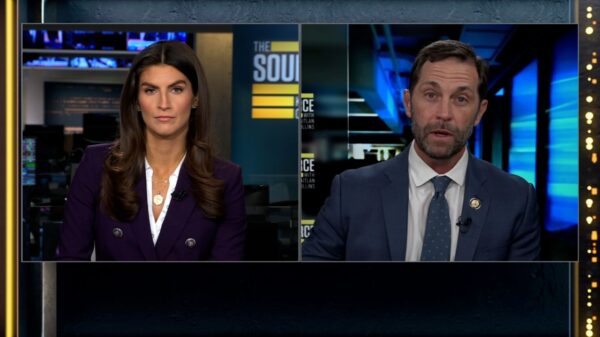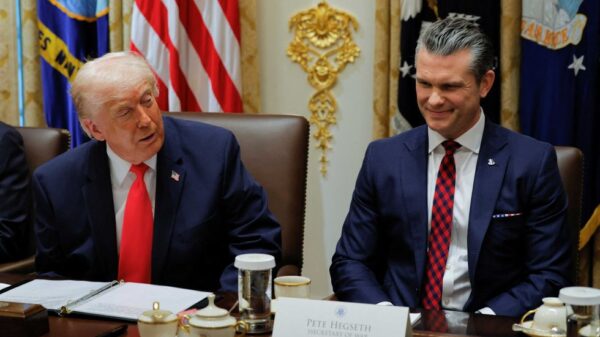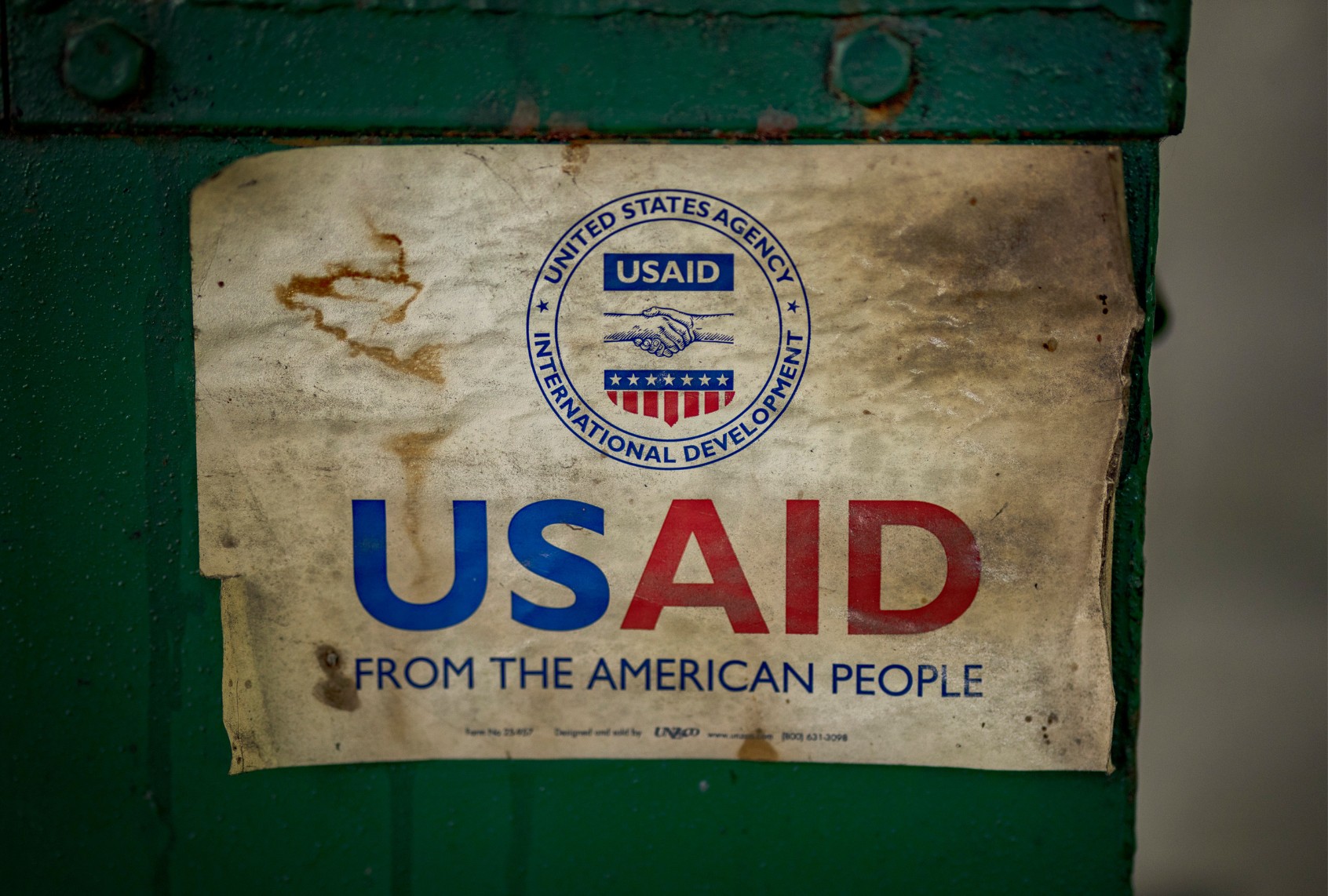The recent policies of former President Donald Trump have significantly weakened the United States Agency for International Development (USAID), raising serious concerns about global health and America’s standing in the world. By slashing the agency’s budget and undermining its mission, the Trump administration has jeopardized vital humanitarian programs, affecting millions of people in need.
USAID, established as a continuation of the Marshall Plan after World War II, has long been a cornerstone of American soft power. This initiative, championed by General George C. Marshall, established a framework for providing aid and fostering stability in war-torn Europe. The lessons of the Marshall Plan resonate today as former Secretary of Defense Jim Mattis emphasized in 2013, highlighting the importance of diplomacy and aid over military intervention.
In recent years, however, the Trump administration’s approach has turned away from this legacy. The restructuring of USAID began with layoffs and the appointment of unqualified personnel, ultimately leading to severe cuts in funding. By February 2025, the agency’s assistance to countries like Zambia had decreased dramatically by 85%, from $409 million in 2024 to just $61.6 million. This reduction has left critical health programs, particularly those targeting HIV/AIDS, in jeopardy.
The dismantling of USAID is not just a bureaucratic failure; it has real human consequences. With funding cuts, many programs that provided essential services and medications are now at risk of collapse. In Zambia, for instance, the average funding for the HIV/AIDS program had been $147.7 million annually over the past decade. The drastic reduction in support threatens the lives of countless mothers and children who rely on these services for life-saving treatments.
In addition to the funding cuts, the Trump administration’s handling of programs has been marred by misinformation. For example, the administration touted the blocking of a plan that was inaccurately described as funding condoms for Hamas in Gaza. This confusion stemmed from a misunderstanding of a USAID grant intended for family planning services in a poverty-stricken region of Mozambique. Such misrepresentations not only misinform the public but undermine the credibility of humanitarian efforts.
The humanitarian fallout from dismantling USAID has garnered attention from leading publications like the New York Times and the Washington Post. Reports indicate that the agency’s reduced presence in global health initiatives is likely to lead to increased rates of preventable diseases. Esteemed journals such as The Lancet and Science have published studies indicating dire consequences for populations that previously benefited from U.S. assistance.
In Zambia, the impact is clear. The U.S. has historically provided around 44% of the funding for HIV/AIDS programs, contributing to a significant reduction in AIDS-related deaths, which fell from 120,000 in 2001 to 19,000 in 2022. This progress is now at risk due to the funding cuts instituted by the Trump administration. As Elizabeth Burleigh, an international health expert, pointed out, the success in reducing HIV/AIDS cases in Zambia was a result of sustained commitment and funding.
The Trump administration’s approach to global health has drawn parallels to the devastation seen in other areas, such as the ongoing battle against malaria, which has also been significantly impacted. The U.S. previously contributed to controlling malaria across Africa, with Zambia experiencing a two-thirds reduction in malaria incidence since 1996. Yet, President Trump’s proposed budget for fiscal year 2026 threatens to halve U.S. contributions to malaria funding.
The ramifications extend beyond international aid. Domestically, the Trump administration’s budget cuts have also affected the National Institutes of Health, resulting in the termination of clinical trials that support thousands of American patients. This negligence towards both global and domestic health initiatives raises serious ethical questions about the priorities of the administration.
The consequences of dismantling USAID are not merely bureaucratic; they reflect a broader disregard for humanitarian commitments. As the world becomes increasingly interconnected, the actions taken by the U.S. government will have lasting effects on its global influence. The abandonment of established programs and the failure to uphold commitments can lead to distrust among nations and populations that once viewed the U.S. as a reliable partner.
In summary, the cuts to USAID under the Trump administration represent a significant shift in American foreign policy, one that jeopardizes not only global health but also the United States’ standing in the international community. As the world observes these developments, it becomes clear that a re-evaluation of priorities is essential to restore trust and effectiveness in American global engagement.







































































